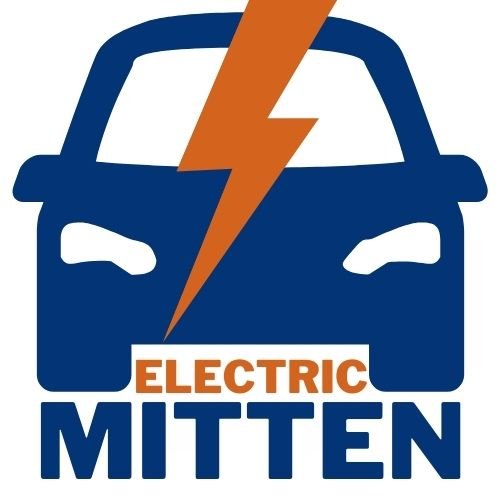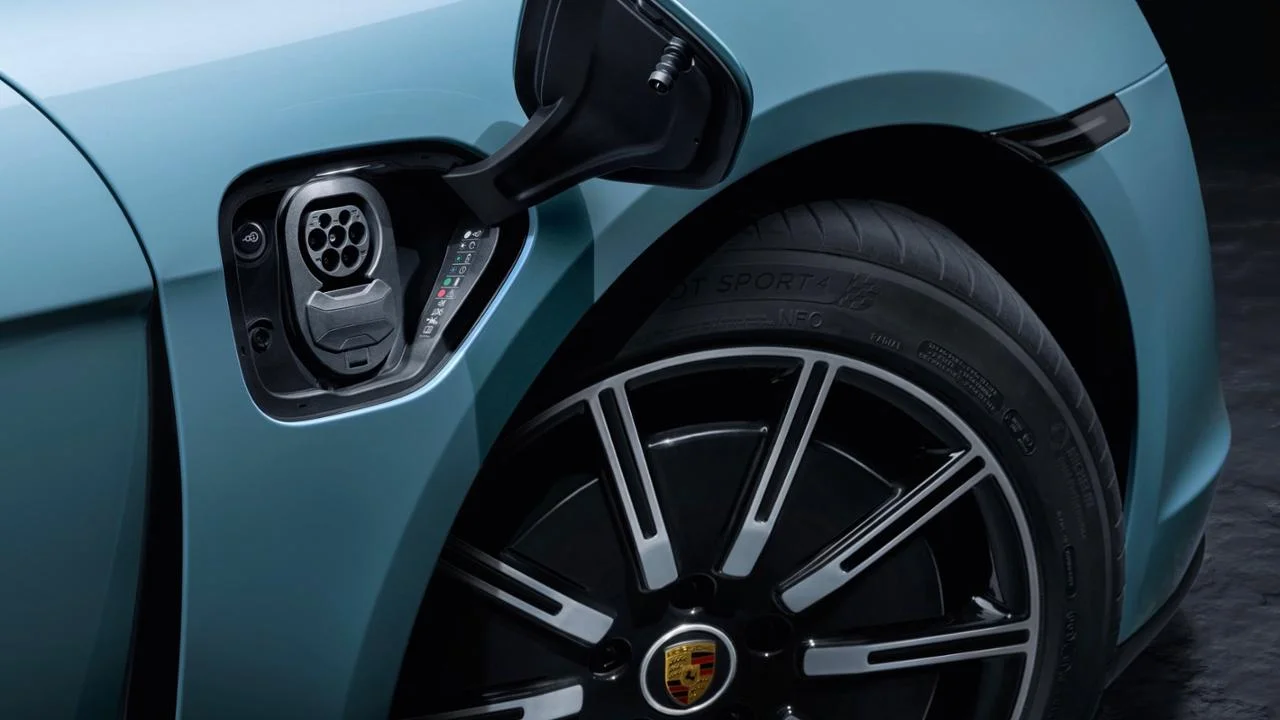Porsche Taycan covers 2,128.1 miles in 24 hours.
In what sounds like a lot of fun, 6 Porsche test drivers took turns driving a Porsche Taycan prototype around the 7.8 mile Nardo test track. This occurred with track temperatures of up to 129 degrees Fahrenheit, and at lap speeds between 121 and 133 mph. Only stopping to recharge and change drivers, they completed 2,128 miles in just 24 hours. This works out to an overall average speed of 88.67 miles per hour for the entire 24 hours. Last month, a Taycan prototype performed 26 consecutive 0-124mph acceleration runs. By the time the production car is unveiled on September 4, Porsche will have covered a combined 3.7 million development miles in pre-production EVs. The Porsche Taycan is shaping up to be one formidable EV.
Press Release:
Atlanta, Georgia. Today Porsche announced the During 24 hours a pre-production Taycan covered a distance of exactly 2,128.1 miles before the world premiere on September 4 as part of a test at the Nardò high-speed track in Italy, nearly the distance from the Porsche headquarters in Atlanta, Georgia to the Porsche Experience Center in Los Angeles, California. With peak temperatures of 107 degrees Fahrenheit and a track temperature of up to 129 degrees, the average speed was kept between 121 and 133 mph, and the Taycan proved its long-distance qualities before its launch. The test was carried out without interruptions, as the prototype only stopped for quick charging and driver changes among six factory test drivers.
Stefan Weckbach, Vice President Product Line, Taycan, was delighted to report, “the Taycan mastered this ambitious endurance run without any problems,” adding “the result achieved in Nardò highlights the advantages of the unique 800-volt technology and its high maturity level.” Before the Taycan is launched on the market at the end of the year, we will have covered over 3.7-million test miles across the globe.”The technology: 800-volt system
The Taycan is the first fully electric production vehicle with a system voltage of 800 volts. This technology helped the 919 Hybrid win the 24 Hours of Le Mans three times in a row and is now making the leap into series production.
The 800-volt technology enables consistently high performance, reduces the charging time and decreases the weight and the packaging space of the cabling. During the en-durance test drive at the Nardò Technical Center, 800-volt charging stations by Porsche Engineering Group GmbH were used. These stations will also be used in a joint venture with Ionity.
The Taycan’s sophisticated thermal management also proved itself in Nardò. Thermal management revolves around an efficient and intelligent system for cooling and heating the high-voltage components, thereby reducing the power losses that occur due to heat generation from high load operation. It can also bring the pack to an optimum temperature for the most efficient charging process when the vehicle arrives at a charging station.The car: the first all-electric sports car from Porsche
The new Porsche Taycan not only exhibits endurance, its electric powertrain is designed in such a way that it can unleash its full power even after accelerating several times at short intervals. At the end of July, a prototype vehicle accelerated down an airfield from a complete stop to 124 mph no less than 26 successive times. Impressively, the average acceleration figure from the timed runs was under 10 seconds, with a 0.8-second difference between the fastest and slowest acceleration runs.
The track: Nardo Technical Center in Puglia (Italy)
The Nardò Technical Center has more than 20 test tracks and test facilities on an area covering over 700 hectares, counts 90 companies in the automotive sector among its customers and employs more than 150 staff. Since 2012, the test site has been run by Porsche Engineering Group GmbH, a wholly owned subsidiary of Dr. Ing. h.c. F. Porsche AG, Stuttgart.
The test center was established in 1975 with the construction of the iconic circuit and offers extensive testing options for any development phase. The high-speed circuit – the only one of its kind in the world and measuring 7.8 miles – was built in order to be able to test cars under extreme conditions and make development processes more efficient. The renovation of the test center was successfully completed in mid-July. Among the improvements made was the installation of an innovative crash barrier system, which was developed by Porsche Engineering specially for high-speed testing in Nardò. Work also included the complete renovation of the 26-acre driving dynamics site.











